Director Mohamed Kordofani’s debut feature ‘Goodbye Julia’ made history last month by becoming the first Sudanese film to compete in the Cannes Film Festival’s Official Selection. The film made its world premiere as part of the festival’s Un Certain Regard section, dedicated to alternative cinema and young talents, where it received a standing ovation and reaped widespread acclaim.
Set in Khartoum, six years prior to the cessation of South Sudan in 2011, ‘Goodbye Julia’ follows Mona (Eiman Yousif), a wealthy Muslim woman from northern Sudan, and Julia (Siran Riyak) a poor Christian woman from the south. The unpunished murder of Julia’s husband results in an unexpected friendship between the two women – embroiled in all the socio-political tensions of the fragmented nation.
Speaking to The New Arab, Kordofani lamented the timing of the premiere, days into the eruption of the ongoing conflict pitting Sudan’s Armed Forces against the paramilitary Rapid Support Forces. Clashes have forced tens of thousands of people to flee the country.
The film’s achievement is in line with the rapid growth of Sudan’s film industry since 2019, the year that saw the overthrow of Omar Al-Bashir’s twenty six year Islamist rule – under which film production had come to a crashing halt. Today, renewed violence threatens to cut short this stream of successes.
Below are five Sudanese films that have made waves at international festivals in the past four years, bringing authentic narratives from the country to the rest of the world. While among the first to achieve this global recognition, one can hope they will not be the last to bloom from Sudan’s resilient art scene.
‘Talking About Trees’ (2019), directed by Suhaib Gasmelbari
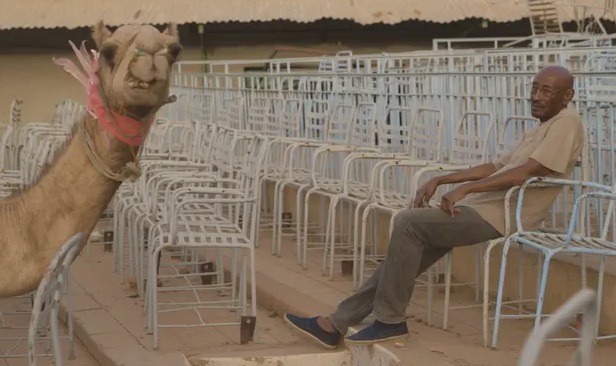
Suhaib Gasmelbari’s documentary, ‘Talking About Trees’, encapsulates the Sudanese art scene at the tail end of Bashir’s rule. The film draws its title from Bertolt Brecht’s 1940 poem ‘To Those Born Later’, a mournful lamentation of dictatorship and the loss of freedom of expression.
The story follows four retired filmmakers and members of the Sudanese Film Club – Ibrahim Shaddad, Manar Al Hilo, Suleiman Mohamed Ibrahim, and Altayeb Mahdi – in their efforts to reopen an outdoor movie theater in Omdurman, where most cinemas were shut down following the 1989 coup that brought Islamist rule and with it, a deep contempt for the arts.
Each of the four veteran directors studied film abroad in Egypt, Germany, and Russia, before their careers were unexpectedly cut short. Throughout the film, brief clips of their own works are interwoven with Gasmelbari’s record of all the expected obstacles they face along their quest to revive Sudan’s artistic heritage.
‘Talking About Trees’ had its world premiere at the 2019 Berlin Film Festival, where it received the Audience Award and Original Documentary Award. The film went on to complete a wide festival tour through France, Tunisia, Turkey, Sweden, and Egypt’s Gouna Film Festival, where it won the Golden Star for Best Documentary Film.
‘Khartoum Offside’ (2019), directed by Marwa Zein
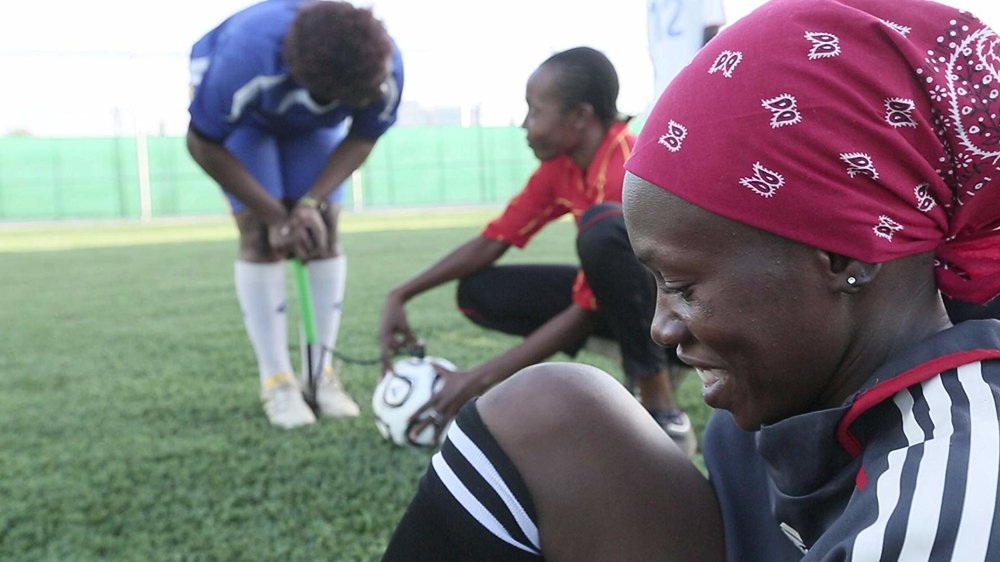
2019 was a big year for Sudanese cinema at the Berlinale. Another documentary that premiered at the festival’s 69th edition is Marwa Zein’s ‘Khartoum Offside,’ which follows a group of female football players whose dream is to represent Sudan at the Women’s World Cup.
The film opens onto an intertitle reading “In Sudan, under Islamic military rule, women are not allowed to play football, or make films,” before viewers are introduced to its protagonists, playing football on an improvised field, in defiance of the stated ban.
Speaking to The National, Zein, who grew up in Cairo, explains that the film was initially intended to be a five-minute documentary about the women’s football team. After she met the footballers in Khartoum in October 2014, what was meant to be a week-long stay stretched into a five-year journey to capture the soul of modern Sudan through their stories.
The film premiered as part of the Berlinale’s Forum section, and went on to win the Best Documentary Award at the Africa Movie Academy Award in Nigeria, and the Carthage Film Festival in Tunisia.
Khartoum Offside is available to stream on Shahid.
‘You Will Die at Twenty’ (2019), directed by Amjad Abu Alala
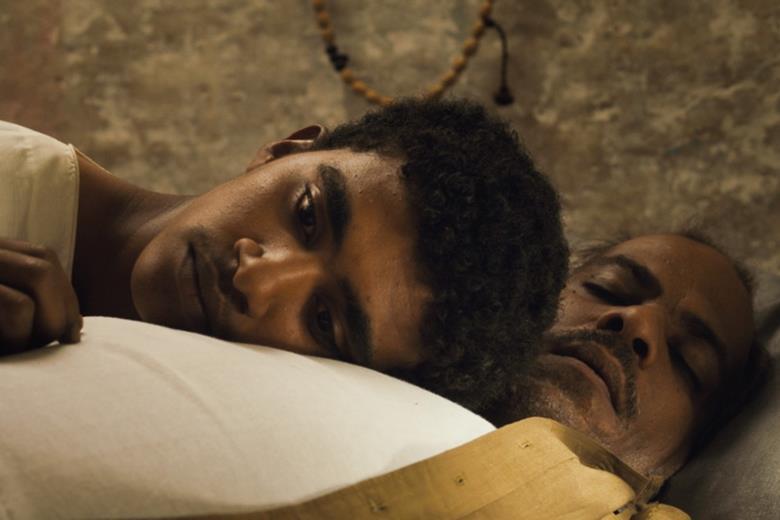
Director Amjad Abu Alala’s ‘You Will Die at Twenty’ was Sudan’s first ever entry for the Academy Awards. Although it was not nominated, the film had its world premiere at the Venice Film Festival, where it received the Lion of the Future Award for Best First Feature Film; before scooping the Golden Star award at the Gouna Film Festival the same year.
‘You Will Die at Twenty’ is set in a small village, where a couple bring their newborn child to a Sufi naming ceremony. A Sheikh blesses the baby, while a dervish enters into a trance, chanting out numbers to predict how many years the young Muzamil will live. When he reaches the number twenty, the dervish suddenly faints – imposing the film’s titular premature death sentence on the newborn.
The cursed Muzamil (Mustafa Shehata) grows into a lonely teenager, ostracized by his peers and living in the grim shadow of his predicament. Shortly before he is fated to meet his maker, Sulaiman (Mahmoud Elsaraj), a villager who left as a young man to travel the world, comes home and takes Muzamil on a series of mischievous adventures.
Writing for The Guardian, critic Cath Clarke described the film as “a parable about the dangers of blind faith in religion and authority, but it’s also warmly compassionate and accepting of human nature.” While candid about the perils of religious dogma, the film approaches its portrayal of tradition with nuance and care, defying orientalist perceptions of a morally stagnant Sudanese society.
‘You Will Die at Twenty’ is available to stream on Netflix.
‘Al-Sit’ (2020), directed by Suzannah Merghani
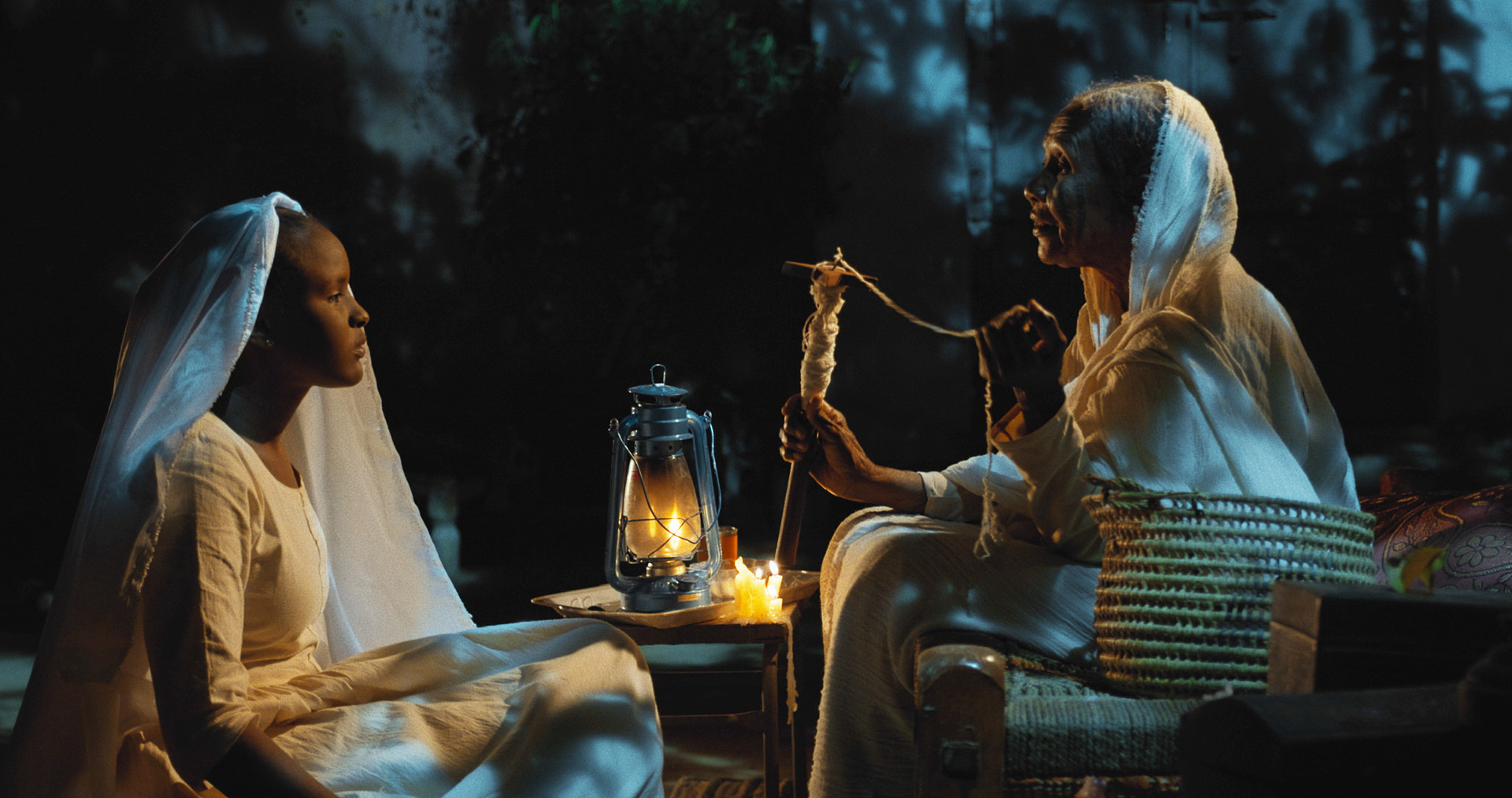
With over twenty international awards under its belt, Suzannah Merghani’s 2021 short film, ‘Al-Sit,’ (The Matriarch) is one of Sudanese cinema’s biggest hits of recent years.
The film is set in a cotton plantation in rural Sudan, where fifteen-year-old Nafisa (Mihad Murtada)’s parents plan to marry her off to Nadir (Mohamed Magdi Hassan), a young Sudanese businessman who lives abroad.
Their teenage daughter does not dare voice her disapproval. Instead, she quietly lusts after her neighbor and prays for the arranged marriage’s dissolution. Her saving grace comes in her grandmother (Rabiha Mohammed Mahmoud), the titular village matriarch – whose ardent refusal of the union sends ripples through the small rural community.
‘Al-Sit’ premiered at the 2020 Ajyal Film Festival in Qatar, before going on to reap laurels at festivals including the Clermont-Ferrand and Ismailia International Film Festivals, where it received the award for Best Short Film.
Al-Sit is available to stream on Netflix.
‘The Dam’ (2022), directed by Ali Cherri
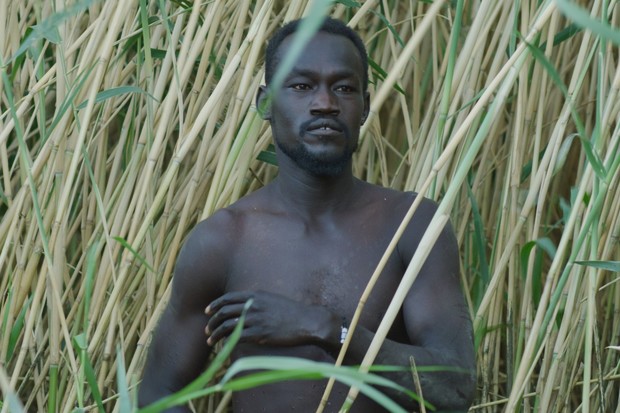
While directed by the Lebanese Ali Cherri, ‘The Dam,’ a French-Sudanese co-production, nonetheless merits a place on this list for its thoughtful portrayal of mounting popular discontent in the buildup to the 2019 uprising.
The film is set in Merowe, where workers toil at the construction of the titular hydroelectric dam. Among them is Maher (Maher El Khair) who spends his days piling bricks in the stroking heat while listening to news reports about the revolution’s escalating momentum.
Each night, Maher goes off to a hidden enclave in the desert and builds a giant mud statue, guided by supernatural forces that seem to reside in a massive infected wound on his back – slowly leading him into madness.
Writing for Sight and Sound, Phuong Le described the film’s revolutionary underpinnings, saying “More than a natural resource to be ruthlessly extracted, under Maher’s dexterous hands mud becomes a source of renewal as well as an expression of discontent.”
‘The Dam’ premiered at the 2022 Cannes Directors’ Fortnight, an independent section held in parallel to the Cannes Film Festival’s Official Competition, where it was nominated for the Golden Camera Award. The same year, Maher El Kheir’s performance earned him the award for Best Actor at the Cairo International Film Festival.

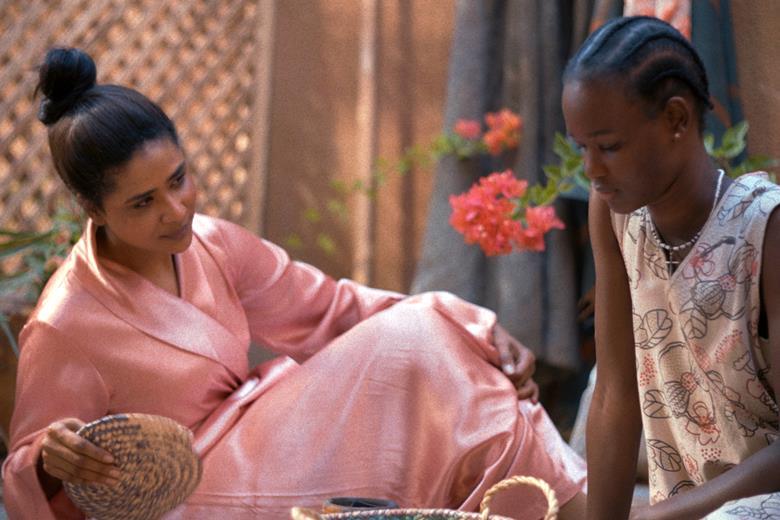





Comments (3)
[…] post From Khartoum to Cannes: Five Recent Internationally Acclaimed Sudanese Films first appeared on Egyptian […]
[…] Source link […]